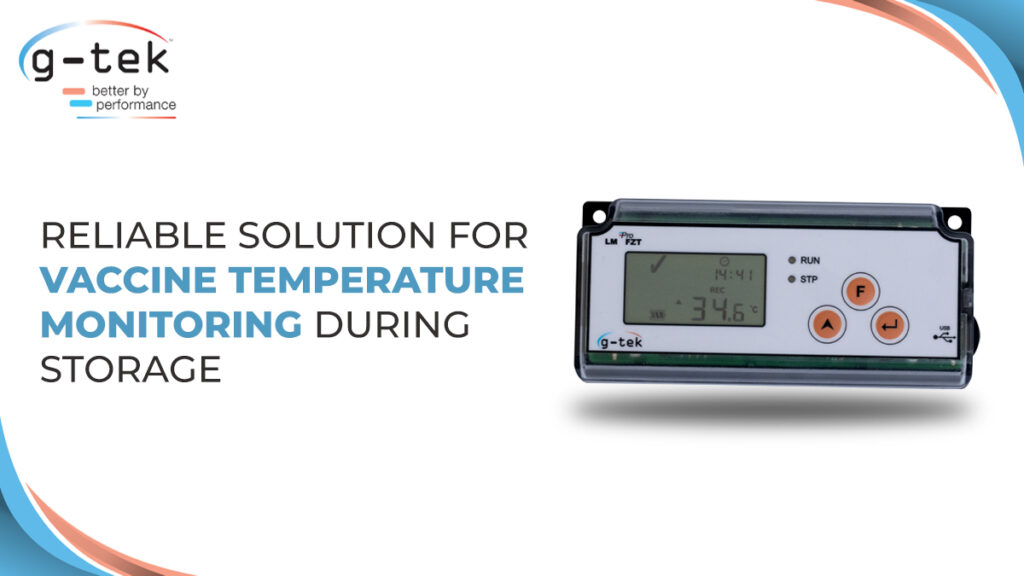Importance of Temperature Control in the Vaccine Supply Chain
Vaccine are susceptible to temperature changes right from the manufacturing unit until it is delivered to the hospital & clinics. The recommended storage temperature for vaccines is between +2°C and +8°C throughout their life. Some vaccines are stored at ultra-low temperature. Storing the vaccine in proper atmosphere is extremely important. Improper storage conditions can swiftly lead to a loss of vaccine potency. Vaccine data logger is used to maintain right storage condition.
Performance Quality Safety (PQS) Guideline
The LM Pro FZT– Freezer Temperature (Type-1) fulfills the specifications outlined by the World Health Organization’s Performance, Quality, and Safety (PQS) standards, specifically WHO/PQS/E006/TR06.4. It is a 30-day electronic refrigerator temperature logger strengthened with built in sensor.
Product Detail
The 30 days electronics refrigerator temperature logger is also known as 30 DTR. It is a device used to monitor & record temperature within the refrigeration unit particularly those storing vaccines. It displays “✔” if the temperature has remained within the recommended limits. It displays “X” if there are any heat or freeze temperature violations, for a period beyond recommended limits. The devices are used in various field such as Pharmaceuticals, Transportation, Cryo & Laboratory.
Key Feature
- Data Monitoring: It records & monitors the temperature data of a vaccine storage unit.
- Measuring range: The device measure temperature ranges from -30 °C to + 60 °C (-22 °F to +140 °F)
- Data Logging: The data logging interval is 1 minute & data store interval is 5 minutes. Event Data (TAG) can be easily generated with a timestamp.
- Communication Port: With mini USB port transfer the data easily to computer
- Software Compatibility: The LMViewXS E006 software is compatible with Microsoft supported windows operating systems. 21 CFR Part11 compliant version is also available.
- Data storage: Data is stored for a maximum of 120 days, and users can view the last 30 days of historical data without the need to download or connect the device to a computer.
- Visual Alarm: It offers visual temperature breach alerts using “▲or ▼” symbols, indicating whether they are above or below the specified range with a bell symbol.
- Download: The recorded data is crucial in verifying that vaccine are stored at appropriate temperature. User can easily view, download & analyze the data from the devices via mini USB port.
G-Tek Provide 30-day electronic refrigerator temperature logger. It is a specialized device that provides continuous temperature monitoring and data logging capabilities for refrigerators and freezers. Its main purpose is to provide assurance regarding the storage of temperature sensitive items by recording temperature fluctuations. The Multi-use Data Logger helps in maintaining cold chain integrity, thereby enhancing the effectiveness of immunization programs and contributing to overall public health.

